Starting a career in higher education is both exciting and daunting. For those in Physical Education Teacher Education (PETE), the path to becoming a faculty member is shaped by a complex process of faculty socialization—the way we learn the norms, values, and expectations of the academic profession. A recent scoping review led by Dr. Nicolette Suchon, now at the University of Wisconsin–La Crosse, sheds light on how this process unfolds and what challenges—and opportunities—emerge along the way
Understanding Faculty Socialization
The concept of socialization isn’t new—it has long been used to describe how K–12 teachers develop their professional identities. In 1991, Lawson extended this model to include faculty roles, emphasizing that becoming a professor is not a linear process but a series of “critical periods.” These include early experiences (like K–12 teaching or undergraduate programs), graduate study, and the transition into faculty life.
What makes this review particularly valuable is its use of the Richards and Kinder Unified Framework (2024), which centers the teacher-educator self. This lens highlights how personal identity and sociocultural factors—such as gender, race, and international status—interact with professional development
Pathways Into Academia
The review of 37 studies (1991–2023) found that people arrive at faculty positions through many different routes. Some come directly from doctoral study, while others spend years teaching in schools before moving into academia. Prior teaching experience was especially influential: faculty who had taught K–12 often felt more confident in their teaching roles, while those without that background sometimes struggled with legitimacy in the classroom
Doctoral training, meanwhile, heavily emphasized research—sometimes at odds with the teaching-intensive jobs graduates often secured. This mismatch created role conflicts and workload stress for many early-career faculty.
The Role of Mentorship and Networks
Across nearly every study included in the review, mentorship emerged as a critical theme. Effective mentoring not only shaped professional identity but also helped faculty navigate institutional expectations and reduce stress. Yet surprisingly, only one study explicitly focused on mentorship as its core topic—and that was published over 20 years ago. Clearly, more work is needed here
Ancillary experiences—such as professional networks and conference participation—were also vital. They exposed doctoral students to academic norms, fostered collaborations, and reinforced professional identity. However, equity issues loom large: access to conferences and networks often depends on financial resources, mentorship connections, or institutional support.
Challenges for Early-Career Faculty
For new faculty, balancing teaching, research, and service was a common struggle. Many reported role overload, burnout, and feelings of isolation as they transitioned from the support structures of doctoral study to the independence of faculty life. Gender, race, and family responsibilities further shaped these experiences, underscoring the importance of departmental cultures and institutional policies in either easing or exacerbating stress
Looking Forward
Dr. Suchon’s review highlights an emerging body of scholarship—70% of the studies reviewed were published in just the last decade. The field is growing rapidly, but gaps remain, particularly in research on mentorship, master’s-level preparation, and identity-based experiences. For doctoral students and early-career faculty, the key takeaway is clear: advocate for yourself, seek out networks and mentors, and remember that you’re not alone in navigating the complexities of academic life.
This blog post was written with the assistance of AI to support clarity and accessibility. It is intended to help disseminate and discuss research findings with a broader audience. However, for the most accurate and reliable information—including conclusions and practical applications—please refer to the original peer-reviewed publication on which this blog is based. The peer-reviewed article remains the most authoritative source.
Suchon, N. S., Kinder, C. J., Slyvester, E., & Richards, K. A. (2025). Socializing the Professoriate: A Scoping Review Into and Through Faculty Roles in Physical Education Teacher Education. Kinesiology Review, 1(aop), 1-15.

